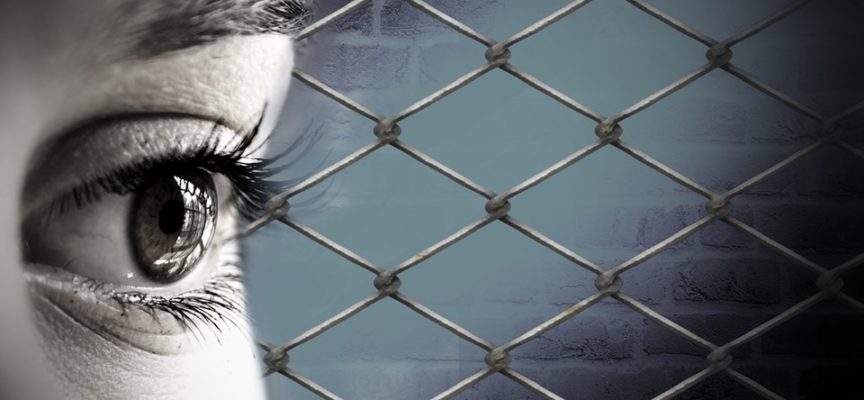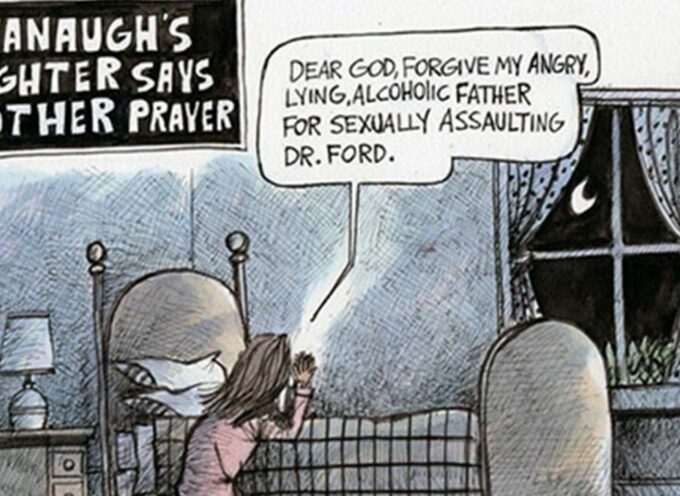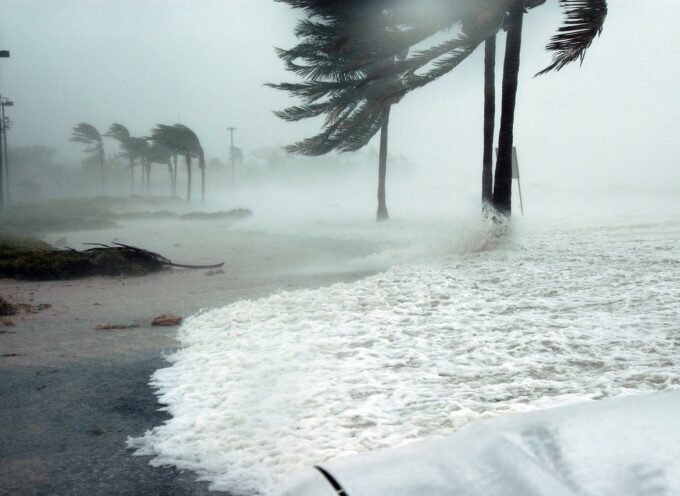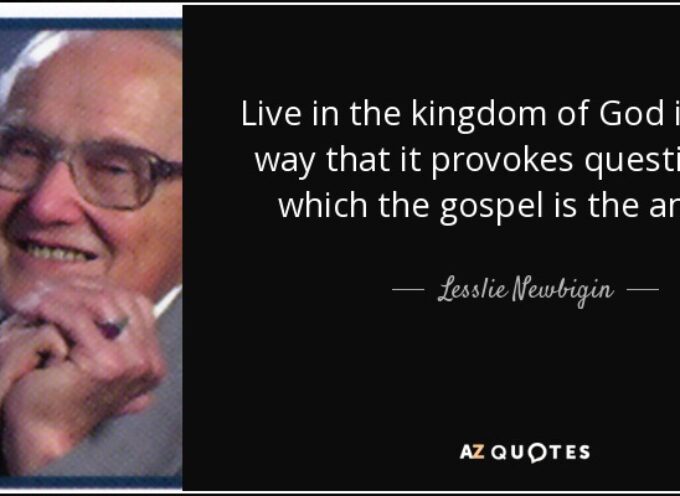One week into his presidency, Donald Trump fulfilled one of his campaign promises to ban immigration from countries compromised by terrorism. In an executive order signed on Friday, he banned all people from seven nations, refusing them entry for 90 days. Those nations are Iran, Iraq, Libya, Somalia, Sudan, Syria, and Yemen.
In light of the uproar caused by the executive order, and especially the refusal of Syrian refugees, this article will address six questions. The first three are more theoretical, while the last three address tangible actions that can be taken by nations, churches, and individuals.
1. How does the debate about refugees differ from the debate about immigrants?
Although there are similarities between immigrants and refugees, there are serious differences. One difference is that refugees generally do not enter the country illegally. They seek entrance through official channels. Another difference is that refugees usually are motivated by something more fundamental than a “better” life; they are seeking to protect their own lives and the lives of their families. A final difference is that, when dealing with refugees from a nation like Syria, there are real terror threats (ISIS is not the “jayvee” team; we have no reason to think they will not try to twist our hospitality to their advantage).
2. So, what are the competing priorities involved (accepting refugees from war-torn Muslim countries)?
We have competing priorities. On the one hand, we should feel the weight of watching Syrian (and other) refugees fleeing from their eminent death toward the light of the Statue of Liberty, and thus we want to have compassion and be hospitable. On the other hand, we should feel a weight of responsibility toward our own families, neighborhoods, cities, and nation. Finally, we should recognize the responsibility not to give illegitimate weight to either of these legitimate concerns.
3. What biblical principles should frame the conversation?
We should care about our near neighbors (our families, neighborhoods, cities, and nation) and our far neighbors (refugees). Each of our neighbors are created in the image and likeness of God (Gen 1:26-28) and therefore have great value and worth. Christ shed his blood for each of our neighbors (Jn 3:16) and told us to love our neighbors as ourselves (Mt 22:39); He will return one day to institute a one-world government and a one-party system in which worshipers from every tribe and language will gather together in front of his throne. That is why the Bible is full to the brim of passages that urge us to care of our own families and communities, and to take care of the homeless, the sojourner, the refugee.
4. What should the United States do?
In light of these biblical principles and sometimes-competing priorities, what should the United States do? On the one hand, it should protect us from harm, which involves taking serious precautions so that ISIS operatives or other extremists do not infiltrate our borders. On the other hand, it should endeavor to live up to the Statue of Liberty’s inscription, which says, “Give me your tired, your poor, your huddled masses yearning to breathe free.
In an open letter to President Trump, Speaker Ryan, and Majority Leader McConnell, Southern Baptist leader Russell D. Moore put it well. In summary, he urged our nation’s leaders to:
- Consult adequately with the Department of Homeland Security, Department of Defense, Justice Department, State Department, and National Security Council.
- Resolve the problems surrounding the status of immigrants and refugees who are green card holders, Iraqi military interpreters, and other Iraqi allies who have risked their lives for our soldiers.
- Put into place a more rigorous vetting process so we may begin receiving Syrian refugees again.
- Affirm the need for religious liberty around the world, including peoples who are Christian, Jewish, and Muslim.
5. What should local churches do?
As a general rule, local churches should not make public policy pronouncements. There are exceptions; if a church can draw a direct line from God’s revelation to an American policy issue, then maybe it should speak publicly about that issue. But usually a direct line cannot be drawn. What local churches can and should do is (1) cultivate Christian virtue in its members, so that its members enter into the public square in a way befitting the gospel; and (2) serve the refugees who are already in our nation by welcoming them, feeding and clothing them, orienting them to their new city and country, befriending them, providing counsel, speaking the gospel to them, and inviting them to worship with us.
6. What should we as individual Christians do?
As individual Christians who live in a democratic republic, we are responsible for shaping our nation’s policies. One way we do that is by voting for the right representatives. Another way we do that is by becoming well-informed citizens who enter into public discussion and debate with our fellow citizens and our representatives. (In this toxic season in American politics, it is especially important for us to determine that we will not lower ourselves the level of many citizens who demean, degrade, misrepresent, and lie. When they go low, we go high.) A final way we do that is by extending a hand of friendship to immigrants and refugees we encounter in our neighborhoods and cities.
Subscribe
Never miss a post! Have all new posts delivered straight to your inbox.







